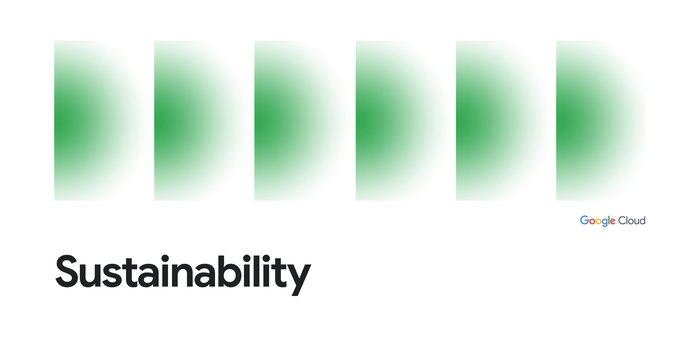One small step for RFPs, one giant leap for clean energy
Amanda Peterson Corio
Global Head of Data Center Energy
Donna Calderon
Senior Lead, Data Center Energy
To create a clean energy future, buyers and sellers must transact faster and smarter. As a long-time champion of clean energy, we have learned many lessons over the decades — and one of the most significant is we’re not moving fast enough. That’s why, in collaboration with LevelTen Energy and with feedback from energy sellers, we piloted a new approach that reduces the time to negotiate and execute a clean energy power purchase agreement (PPA) by roughly 80%.
We’re hopeful this new approach will give clean energy buyers and sellers useful new options for negotiating PPAs and, more importantly, enable all organizations that want to decarbonize to join us on the journey to 24/7 carbon-free energy.
The problem with traditional PPA negotiations
Most carbon free energy (CFE) transactions are either negotiated bilaterally between parties, or more commonly, facilitated by a Request for Proposal (RFP) with the ultimate goal of signing PPAs. These negotiations are lengthy, complex, and unique to every buyer and seller. Even before buyers and sellers enter into negotiations, traditional RFPs create an information imbalance between parties. Uncertainty and unpredictability create delicate conditions that can increase the complexity of negotiations between parties down the line.
Perhaps most importantly, RFP conversations can drag on for anywhere from ten months to more than a year, increasing the cost for both buyers and sellers. The long time period is often the result of complex negotiations and can also be due to resource constraints. Most buyers have limited personnel working on procuring clean energy through PPAs, and sellers have finite time to dedicate to any one project.
The length of traditional RFP negotiations creates additional challenges for sellers, who face a high risk associated with project development, as they often need to finalize the PPA before they can continue to invest in the project. Also, traditionally, sellers do not know the final contractual details before offering a price.
All of these conditions create unnecessary barriers for both buyers and sellers to develop clean energy portfolios, slowing the pace of clean energy deployment and hindering efforts to displace fossil fuels, reduce pollution in communities, and mitigate climate change.
A cleaner way to do business
In partnership with LevelTen, Google has established a new, scalable procurement approach that breaks down the barriers of traditional RFPs to benefit both buyers and sellers while accelerating grid decarbonization. We have achieved this by zeroing in on two areas of improvement — the RFP process and the PPA contract itself.
The RFP process: We expanded upon the LevelTen Energy Marketplace user experience to generate a new kind of RFP.
First, this provides sellers the flexibility to customize the ways in which they offset risk, and requires them to agree to those terms when submitting a proposal.
Second, this creates a transparent and reliable way for sellers to verify how their offers are evaluated in real time, and reduces the risk associated with entering into negotiations, only to determine after time that they can't proceed with the terms.
Third, it enables sellers to create pricing based on the final contractual details, as opposed to speculating on future terms that are likely to change during the negotiations.
- The PPA itself: We drew from our experience negotiating PPAs since 2010 and used market feedback from sellers and LevelTen to design a PPA that’s already risk-balanced between the buyer and seller, eliminating the need for protracted negotiations.
These changes significantly shorten the start-to-finish time of executing clean energy PPAs. Whereas traditional deals can take more than a year, this innovative approach has already enabled contracting for new “additional” clean energy in just two months.
A significantly faster and easier RFP process for clean energy deals will help us work toward our own ambitious goal of operating on 24/7 carbon free energy. It also stands to do much more for the power industry broadly by helping standardize the buying and selling of clean energy. This makes it easier for all types of end-use buyers to purchase new additional carbon free energy and expands the marketplace to create access for smaller sellers to participate.
Innovation like this — reducing the complexity of buying and selling clean energy — will accelerate the decarbonization of grids worldwide. It’s something the International Energy Agency has made clear we must do to meet global net zero targets, and it’s an urgent requirement to keep the planet under 1.5°C of warming.
This is just the beginning. Together, Google and LevelTen aim to make the approach widely available to buyers and sellers later this year. Over time, we’ll continue to make improvements that enable this to become a new standard for clean energy procurement. The clean grid of the future may be sooner than we think.



